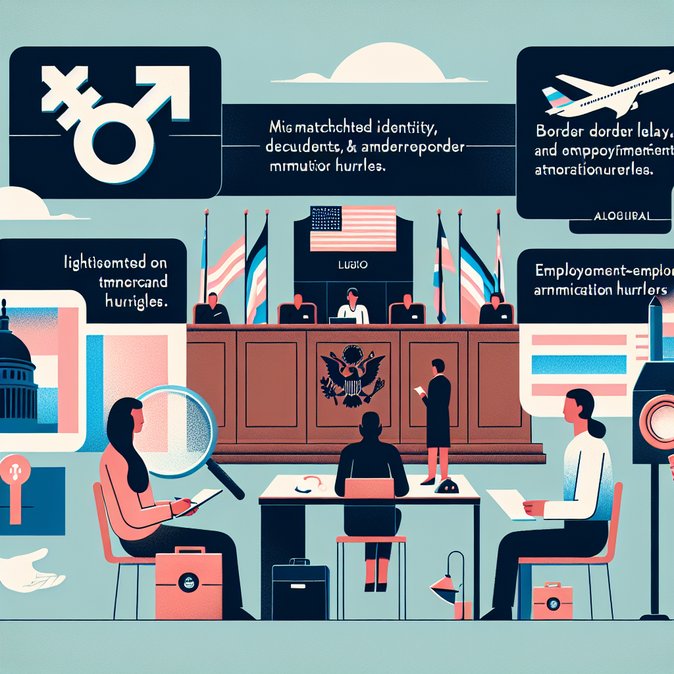
The fourth week of the U.S. government shutdown is now directly impacting air travel: on Monday, November 10, airlines canceled more than 1,500 flights after the Federal Aviation Administration (FAA) directed carriers to slash daily operations by up to 10 percent at 12 major hubs, including Chicago O’Hare, JFK, and LAX.
With 2,950 cancellations the previous day, industry analysts say the disruption is the worst since the shutdown began on October 1. The FAA’s order stems from an acute shortage of air-traffic controllers, many of whom are calling in sick after weeks of unpaid work. A winter storm in the Midwest compounded delays, but officials stress that staffing shortfalls—not weather—are the principal risk to safety.
![Government Shutdown Triggers 1,500+ Flight Cancellations as FAA Orders Capacity Cuts]()
Transportation Secretary Sean Duffy told reporters that cuts will escalate to a 10 percent cap by November 14 unless Congress passes a funding bill. While Duffy pledged to protect international routes to honor bilateral treaties, business-travel specialists note that domestic legs feeding those long-haul flights are already being scrubbed, forcing executives onto multi-stop itineraries or video calls.
Corporate travel managers are scrambling to rebook meetings, reroute expatriate moves, and extend hotel stays for stranded assignees. Travelers enrolled in Global Entry or CLEAR are still subject to the same airport caps, eroding the benefit of trusted-traveler programs. Companies should update duty-of-care platforms daily, secure flexible tickets where possible, and brief employees on potential per-diem increases.
Airlines are lobbying for targeted exemptions, arguing that prolonged capacity cuts could cost the sector more than US$400 million per week. Unless Congress acts quickly, analysts warn of a “slow-to-a-trickle” scenario over the busy Thanksgiving period—an outcome that would create knock-on effects for cargo, perishables, and time-sensitive project travel.
With 2,950 cancellations the previous day, industry analysts say the disruption is the worst since the shutdown began on October 1. The FAA’s order stems from an acute shortage of air-traffic controllers, many of whom are calling in sick after weeks of unpaid work. A winter storm in the Midwest compounded delays, but officials stress that staffing shortfalls—not weather—are the principal risk to safety.

Transportation Secretary Sean Duffy told reporters that cuts will escalate to a 10 percent cap by November 14 unless Congress passes a funding bill. While Duffy pledged to protect international routes to honor bilateral treaties, business-travel specialists note that domestic legs feeding those long-haul flights are already being scrubbed, forcing executives onto multi-stop itineraries or video calls.
Corporate travel managers are scrambling to rebook meetings, reroute expatriate moves, and extend hotel stays for stranded assignees. Travelers enrolled in Global Entry or CLEAR are still subject to the same airport caps, eroding the benefit of trusted-traveler programs. Companies should update duty-of-care platforms daily, secure flexible tickets where possible, and brief employees on potential per-diem increases.
Airlines are lobbying for targeted exemptions, arguing that prolonged capacity cuts could cost the sector more than US$400 million per week. Unless Congress acts quickly, analysts warn of a “slow-to-a-trickle” scenario over the busy Thanksgiving period—an outcome that would create knock-on effects for cargo, perishables, and time-sensitive project travel.


